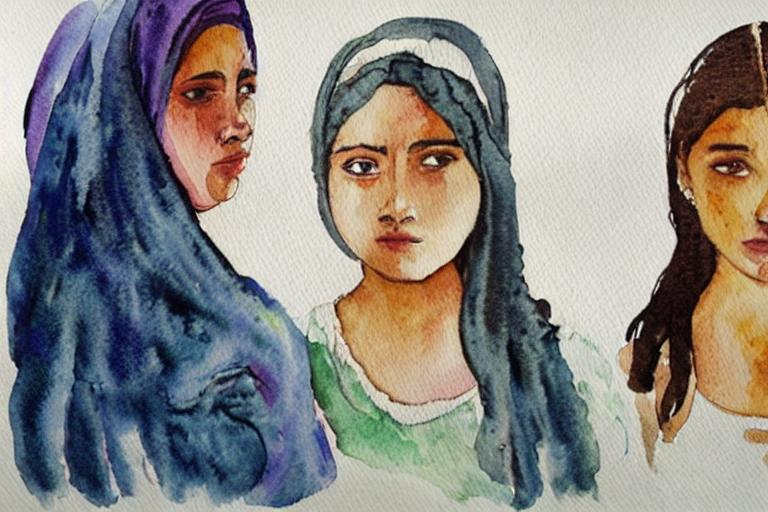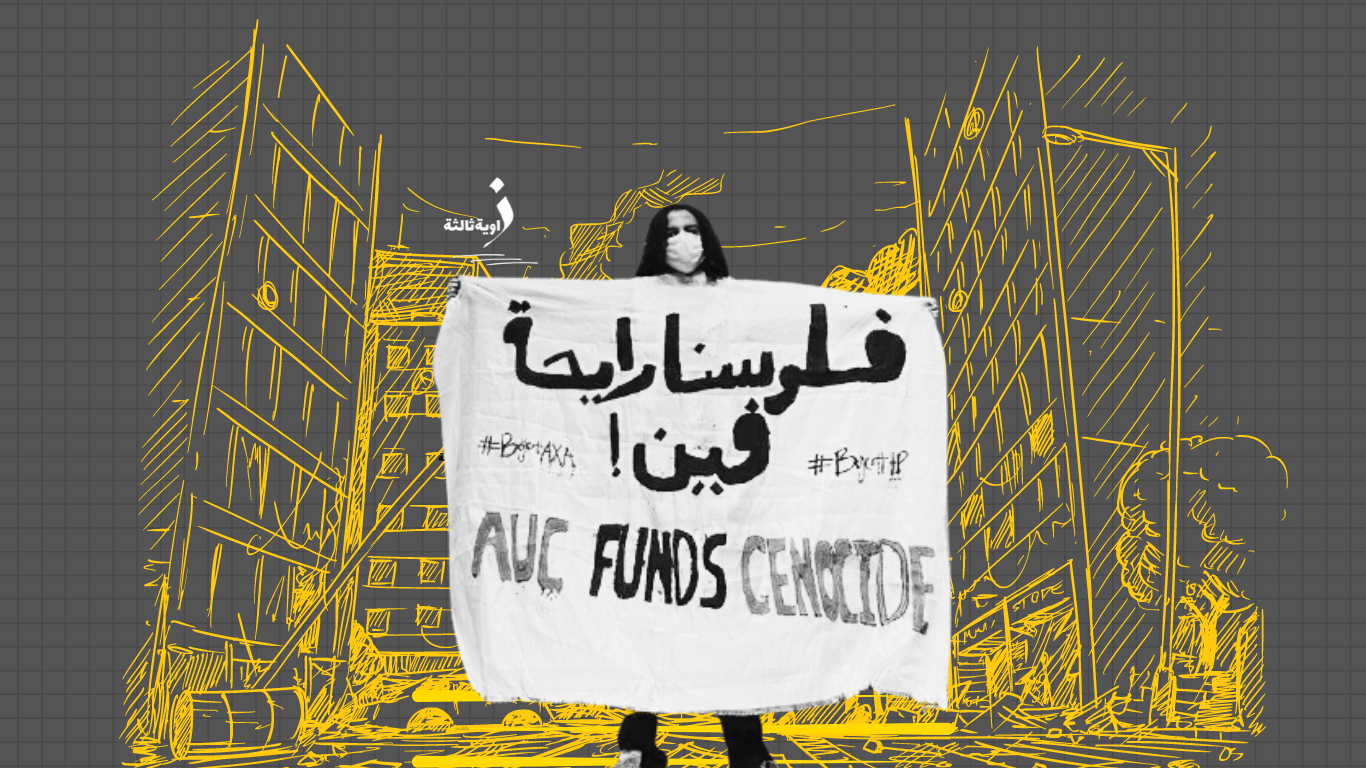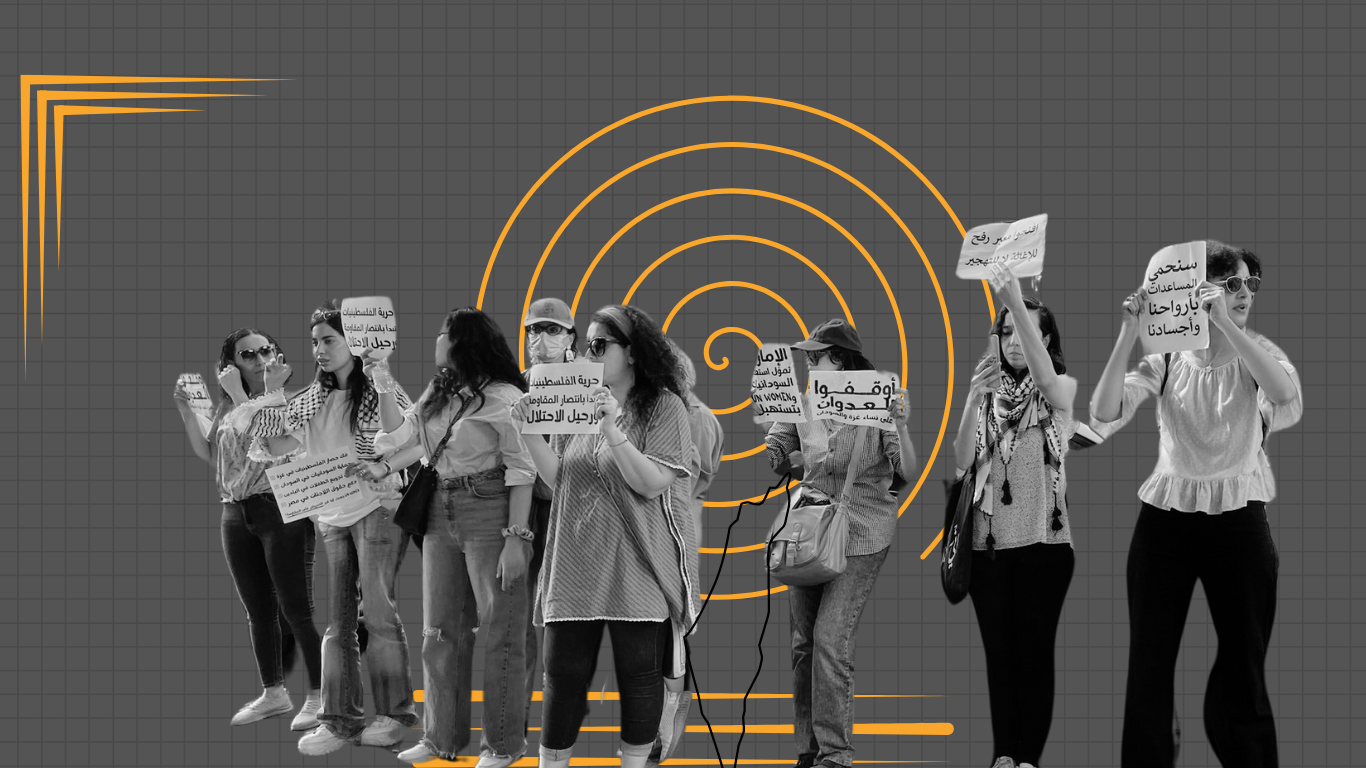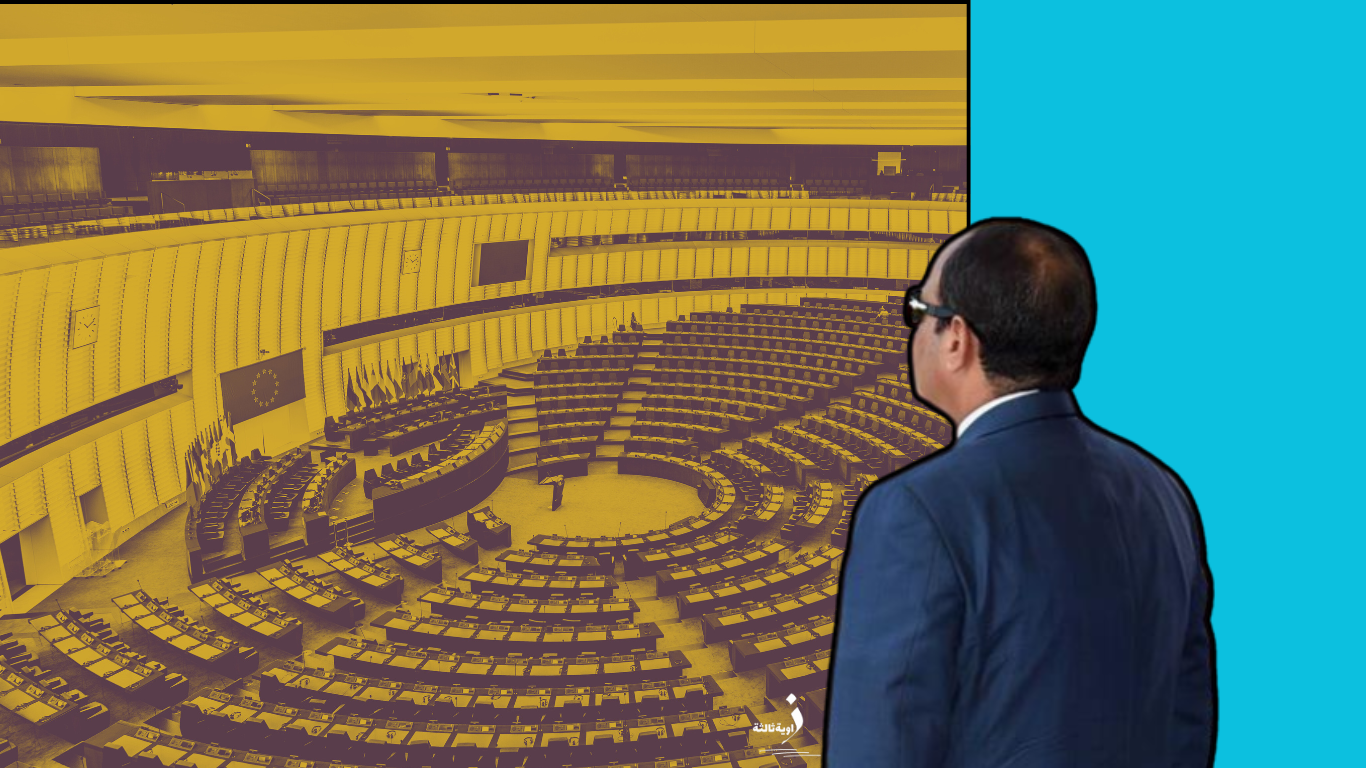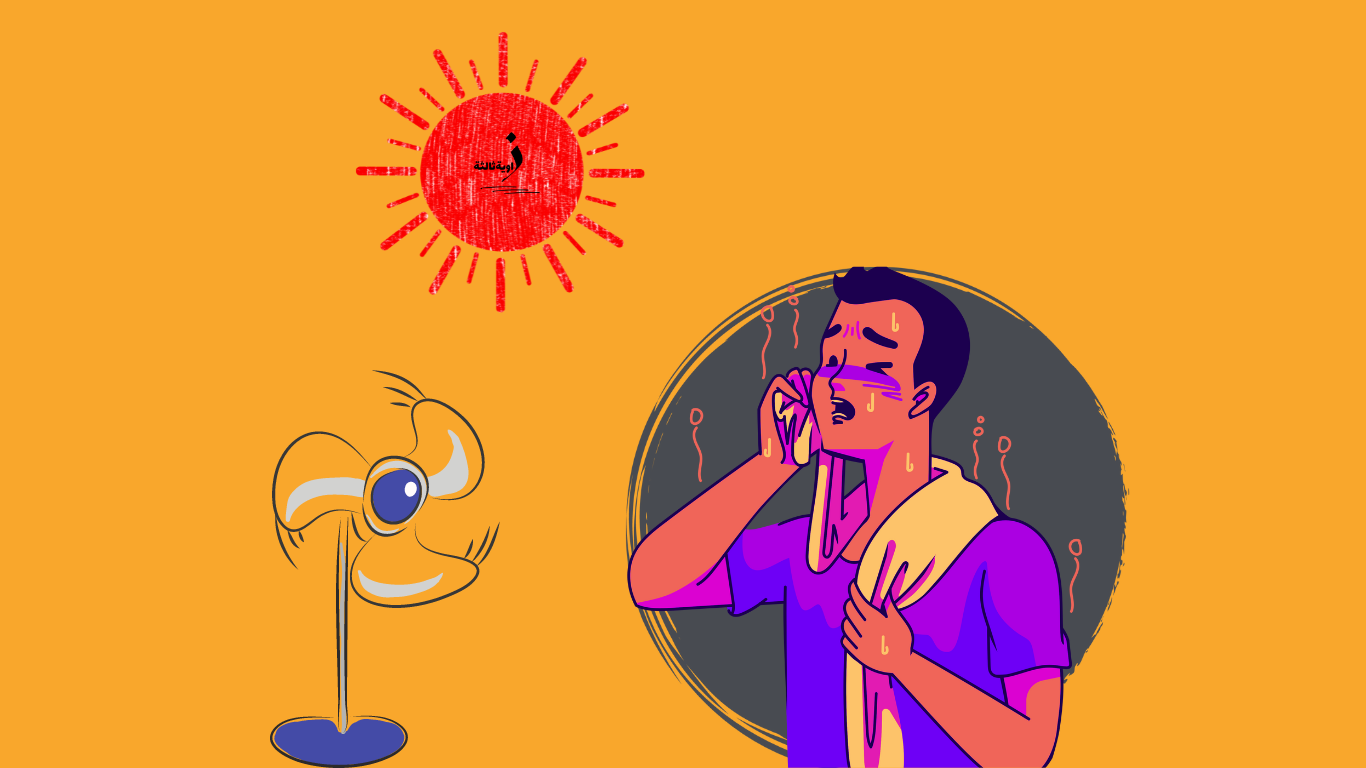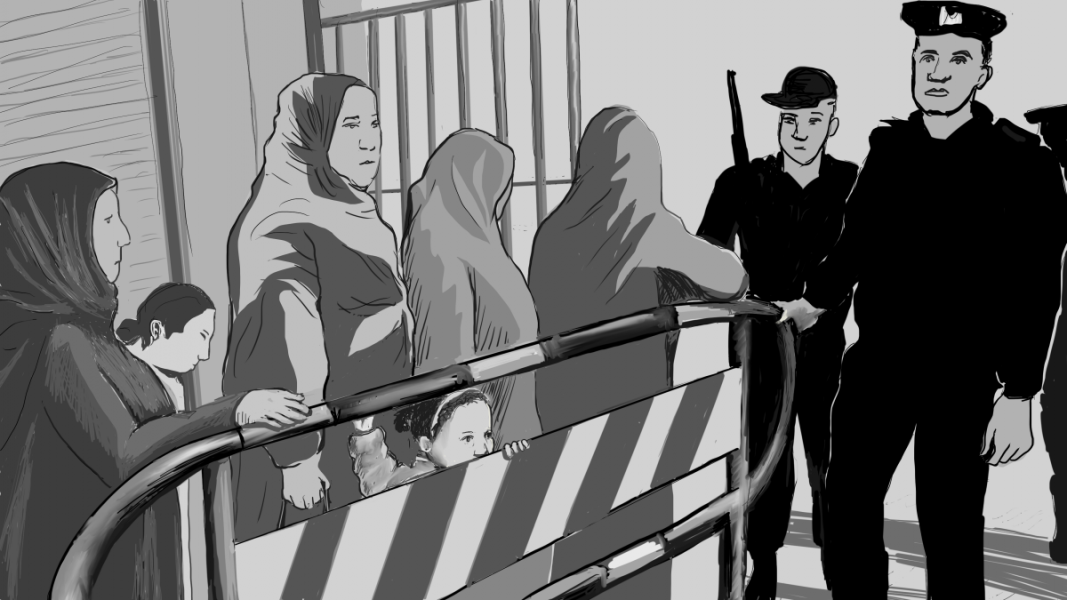Ethics inspection courts emerged in the 13th century under the supervision of Pope Innocent III and continued until the end of the 19th century. These courts represented exceptional judicial authorities whose mission was to identify dissenters and those who violated the Church’s teachings, bring them to trial, and enforce punishments upon them. According to Karen Armstrong, a British researcher specialized in comparative religions, the number of victims of these courts may have reached around 13,000 individuals.
This type of court in Egypt is not vastly different from its counterparts. Among its methods is the surveillance and examination of girls’ morals, ensuring their alignment with the norms of the majority in Egyptian society and those with influence in the country. These courts seek to exert control over their actions and bodies, especially targeting the female activists on the TikTok platform. These young women face arrests and persecution by security forces due to videos showing them mouthing lyrics to songs or reenacting scenes from Egyptian and international films.
The harsh truth is that the security crackdown on these young women also carries a class dimension that extends beyond their physical actions alone. When one peruses social media platforms such as Instagram or TikTok, similar actions can be observed among the detained girls. However, the only difference lies in their social class. If you belong to the poor or middle class in Egypt, you face the risk of arrest and imprisonment on charges of violating family values and public morality. On the other hand, if you belong to the affluent social class, you enjoy freedom and will not be among the 15 women and girls who have been apprehended for dismantling the foundations of Egyptian family norms.
One day, I found myself sitting in the lawyers’ union room at one of the courts, listening to a conversation between attorneys. The discussion began with a lawyer who had a client suing his wife, all this wife did was demand her legal rights from her husband demanding her legally entitled rights. The lawyer received several suggestions on how to negotiate with the wife in order to persuade her to relinquish her rights. Among these suggestions was exploiting the wife’s social class, implying that this lady had grown up in a social environment where there was no objection to sharing her personal photos on Facebook, enjoying a degree of freedom that other women did not possess. According to the proposals put forward by these esteemed lawyers, the attorney should negotiate with this lady by filing a report to the Public Prosecutor’s Office accusing her of “undermining the principles and values of the Egyptian family” based on the photos she shared, thus persuading her to give up her rights to her husband. I don’t know if the lawyer followed the advice of his colleagues, but I did learn that “Basant, the Mansoura girl” who was subjected to a collective assault, was threatened by the assailants’ lawyer, who intended to use her personal photos on social media and file a report accusing her of “undermining the principles and values of the Egyptian family.” Without her courage and determination to seek her basic rights, the lawyer representing the assailants might have achieved his goal through these threats. However, a judge condemned the actions of the lawyers in an official ruling and sentenced them to imprisonment.
The strategy has also been successful in other cases, including the trial and conviction of Sama El-Masry on charges of “undermining the principles of the Egyptian family.” In 2018, lawyer Mortada Mansour and media personality Reham Saeed filed a complaint accusing her of violation, but the case was dismissed after investigation, and Sama El-Masry was summoned for questioning by the Public Prosecutor’s Office. Another complaint was filed in 2020 with the participation of “Mortada Mansour, Reham Saeed, and lawyer Sameer Sabry.” Sama El-Masry was interrogated and detained, then referred to the Economic Court on charges of assaulting the principles and values of the Egyptian family under Article 25 of the Law Combating Information Technology Crimes. There are also other charges related to her posting of personal videos on social media under the Penal Code and the Anti-Prostitution Law No. 10 of 1961. She was sentenced to three years in prison, the same period of police surveillance, and a fine of 300,000 Egyptian pounds. The sentence was later reduced to two years in prison by the Court of Appeals. Another identical case resulted in a one-year prison sentence. There are also other cases filed against her by the same plaintiffs in the first and second cases, and it is possible that she may be brought to trial at any time on similar charges.
Through these examples, we realize that the ambiguity surrounding Article 25 of Law No. 175 of 2018, which pertains to the protection of family values in Egypt, is exploited to achieve retaliatory purposes or personal interests. When examining the legislative context of Article 25 of Law No. 175 of 2018, which addresses combating electronic crimes and family values in Egypt, we find that Article 25, in the third chapter of the law titled “Crimes related to infringement of private life and unlawful informational content,” deals with forms of infringement on private life. It includes the punishment for anyone who violates any of the principles or family values within Egyptian society. However, it also stipulates the punishment for anyone who violates the sanctity of private life, sends multiple electronic messages to a specific person without their consent, or discloses personal data to a system or website for promoting goods or services without consent. Article 26 in the same chapter of the law states that anyone intending to use information technology software or technology to process others’ personal data in connection with content that contradicts public morals or defames individuals or harms their reputation shall be punished. The penalty is imprisonment for a period not less than two years and not exceeding five years, in addition to a fine ranging from one hundred thousand pounds to three hundred thousand pounds.
From the legislative context of Article 25, it becomes clear that the phrase “violating the principles or values of the Egyptian society” cannot be separated from the title of the chapter or the rest of the related article. The legislator’s intention is evident from the context of the other provisions, where this phrase aims to provide further guarantees for the protection of privacy and personal life. However, it certainly does not aim to justify violence against women, monitoring their actions, or infringing upon their rights.
At first glance, when you read the phrase “protection of personal life,” the image of women immediately comes to mind, as we cannot deny the reality of the conditions they face. Women constitute the majority of victims who experience daily violations of their privacy through social media. Whenever you open the messages of an Egyptian woman, you will find explicit images, messages of harassment, and various forms of exploitation.
How can a legal text that is meant to protect women be transformed into a text that punishes and incarcerates them? This is a logical question that arises in the mind of every reader of legislative texts, tracking their evolution and formulation. It is intriguing how the prosecution and the court exploited leaked images of Mawada El-Adham as evidence against her, instead of applying the legal text and its true purpose, which is to protect her and remedy the psychological harm she has suffered due to the theft and unauthorized publication of her private photos.
The prosecution used leaked images of Mawada El-Adham on an Instagram account that does not bear her name as evidence against her in court, without presenting compelling evidence that she was the one who posted those photos. The prosecution did not make sufficient effort to investigate the incident of Mawada’s phone theft, the theft of her photos, and the extortion she faced through those images, despite her filing an official report to the prosecution about the phone theft incident at the same time it occurred. Despite Mawada’s proof in the accompanying documents of the case that she did not post those photos and despite the fact that those photos were not published on any of Mawada El-Adham’s verified social media accounts.
What is even more astonishing is the reliance of the Economic Misdemeanor Court in its judgment on those images, a reliance that was overturned by the Economic Misdemeanor Appellate Court in its judgment due to the prosecution’s failure to provide technical evidence proving the defendant’s responsibility for the publication of those photos.
Accusations of TikTok Girls Trafficking to Please Society
The story of violating women’s rights in their private lives and their right to use the internet began with Hanin Hossam and Mawada Eladham. Hanin Hossam’s video spread on social media, calling on girls over the age of 18 with various talents such as singing and dancing to join a new application called “Likay.” The clear conditions for joining included being over 18, providing a national ID photo, and specifically confirming no involvement in any wrongdoing. The video quickly went viral on social media platforms, and users expressed their dismay, describing the video as encouraging unethical behavior.
Many people wanted Hanin Hossam to be brought to trial, in addition to social media users demanding her arrest and prosecution. One lawyer filed a complaint with the public prosecutor’s office calling for an investigation into her actions. The Monitoring Unit was established in the Public Prosecutor’s Office to follow up on this case and similar cases. This case marks the beginning of a new kind of incitement against girls and unjustified exploitation of women’s bodies, as many women face detention as a result of such incitement and complaints. This may encourage others to follow the same path and turn their incitement from online hate speech into legal actions.
As for the accusation of human trafficking, it is a strange development that seems aimed at seeking revenge against the girls and attempting to appease the angry Egyptian public opinion. On January 12, 2021, just six months before the Criminal Court sentenced Mawada Eladham to 6 years in prison and Hanin Hossam to 10 years in absentia, the Appellate Economic Court acquitted Hanin Hossam of the charge of violating the principles and values of the Egyptian society and family. The court overturned the prison sentence imposed on Mawada Eladham and instead imposed a fine, based on the same investigations and evidence. In fact, there is no evidence other than the videos posted on their accounts.
The judgment of the Economic Court ended due to the lack of evidence of luring any girls to engage in any unlawful sexual activity. The judgment also stated that Hanin Hossam was promoting lawful work as a legitimate agent for the company Beigua, the owner of the “Likay” application, which is a legitimate company established in Egypt according to Egyptian law. From here, the case was transformed from an accusation of undermining the values of the Egyptian family into more serious charges. The main objective of these accusations was to turn public opinion against the girls, considering them perpetrators of heinous crimes, and the public prosecution succeeded in achieving that.
Now, the question must be raised: What is human trafficking? According to the definition of Amnesty International, it includes human rights violations, including physical and mental safety, life, freedom, personal security, dignity, freedom from slavery, freedom of movement, health, privacy, and secure housing. Human trafficking takes three forms: “prostitution, trafficking of children, and trafficking of human organs.” The crime of human trafficking consists of two fundamental elements: the material element and the moral element. The material element of the crime of human trafficking is fulfilled when the perpetrator engages in any form of dealing with individuals, whether it is selling, offering for sale, promising, using, transporting, delivering, harboring, or receiving, either within the country or across national borders. The law states that human trafficking may involve the use of force, violence, or the threat thereof, abduction, fraud, deception, abuse of power, or exploitation of vulnerability or need.
However, upon examining the case, it can be confirmed that the crime did not occur in the case of Hanin Hossam and Mawada al-Adham. None of the conditions set by the law for charging them with human trafficking were met, as evidenced by the ruling of the Economic Court, which concluded that Hanin was promoting a legitimate business. As for Mawada al-Adham, the testimony of the mother of the child who appeared in one of the videos posted on social media confirms that she was the one who asked Mawada al-Adham to record the video with her son, and that the video had no illegal purpose.
Did Hanin Hossam and Mawada al-Adham exploit vulnerability or necessity, especially at the beginning of the COVID-19 crisis? If we assume, for the sake of argument, that this is true, then who exploited whom? Were Hanin and Mawada the exploiters, or were the Chinese owners of the “Likee” company, who were released by the prosecution after investigating them on the same day and were not referred to trial in either the first or second case? Or is the prosecution and the office of the attorney general the entities that consider the charge of human trafficking to be the last resort for tormenting the girls and making the public blame them, ready to hear news of their long-term imprisonment? And why are the girls accused of charges that have no basis in the case files, such as human trafficking or prostitution?
Earlier, some provisions of the penal code were amended due to their lack of clarity, such as Law No. 147 of 2006 amending certain provisions of the Penal Code. The only thing common in these amendments and the deletion of those phrases is that all of these phrases are unclear and cannot determine their violators, such as “malicious intent.” A precise and consistent definition cannot be given for this word. Likewise, the phrase “social peace” or broadcasting provocative advertisements that constitute crimes endangering government security, and of course, the phrase “violating the principles and values of the Egyptian family and violating public morals.”
Unconstitutional Article Leading Women to Prison
The first question that comes to mind when looking at Article 25 of the Information Technology Crimes Law, which leads women and girls to prison for allegedly violating the principles and values of the Egyptian family, is: What are the principles and values of the Egyptian family? Are the values of the Egyptian family in rural areas the same as in the cities? Are they the same in coastal regions and beach towns? Certainly not. Can a judge rule based on their cultural background? Can another judge in the same matter and charges rule with a different interpretation based on their different cultures and cities?
The material element of the crime must be clear and free from any suspicion or interpretation, as confirmed by the judgment of the Supreme Constitutional Court. In this context, the material element means the external behavior or activity, and there can be no crime without an act or omission. The criminal legislator is not allowed to punish based solely on thoughts and intentions because the commands of the law and its provisions are violated not only through intent but also through actions stemming from evil will. In addition to that, the wording of the text is characterized by its broadness, allowing for multiple interpretations and acceptances. Leaving the determination of the aiding and facilitating acts of the crime to different interpretations deprives it of the quality of certainty that should be present in criminal texts.
Due to the lack of clarification in the executive regulations of Law No. 175 of 2018 regarding the protected interest, which represents the principles and family values, resorting to the general rule in the legislation of criminal texts is necessary. The Constitutional Court states that advanced countries should establish their criminal legislation on solid foundations that ensure the use of sound legal means, whether in their substantive or procedural aspects, to prevent punishment from becoming a tool for suppressing freedom or violating the values that the community believes in during its interaction and communication with civilized nations. To achieve this direction, modern constitutions must impose restrictions on the legislative authority in the field of criminalization.
Therefore, the criminal texts and provisions must be clear, and they should not be characterized by ambiguous expressions, multiple interpretations, or the absence of precise controls for their application. Furthermore, the formulation of criminal texts should be clear and specific, and they should not be like a trap used by the legislator to catch individuals by deliberately expanding or concealing their scope. Their guarantees lie in ensuring that the recipients of criminal texts are aware of their reality and that their behavior is not conflicting but consistent and compatible with them.
As for its conflict with Article 95 of the 2014 Constitution (Article 66 of the 1971 Constitution), which states that punishment should be personal, and no crime or punishment can be imposed except according to the law and based on a judicial judgment, and punishment cannot be imposed except for acts committed after the law’s effective date. The Supreme Constitutional Court interpreted Article 66 of the 1971 Constitution in Article 95 of the current Constitution when it ruled that the origin, according to the text of Article 66 of the Constitution, is that each crime should have a specific punishment prescribed by the laws or at least specify the limits within which it must be. It is also one of the fundamental rules required by the Constitution in detailed laws that the degree of certainty governing their provisions should be at the highest level, and it must appear in these laws clearly and state the narrow boundaries of their texts. Ignorance or ambiguity of some aspects of these laws cannot lead to a correct understanding of the actions that should be avoided.
Why hasn’t Article 25 been referred to the Constitutional Court to decide on its constitutionality?
The litigation procedures before the Supreme Constitutional Court differ from the procedures in other courts and judicial bodies. It is not allowed for anyone to directly file a lawsuit before the Constitutional Court. However, there are two ways prescribed by the Court’s law to initiate lawsuits before it. If any court or specialized judicial body, while considering a lawsuit, finds that a provision in a law or regulation necessary to resolve the dispute may be unconstitutional, the court suspends the proceedings and refers the case files to the Supreme Constitutional Court for a ruling. If one of the litigants claims during a lawsuit before a court or specialized judicial body that a provision in a law or regulation is unconstitutional, and the court or body deems the claim serious, the trial is adjourned, and a period not exceeding three months is set for the party raising the claim to file a lawsuit before the Supreme Constitutional Court.
Therefore, for the Constitutional Court to examine the constitutionality of a legal provision, it must be referred to the Court either by the court considering the case itself or after a claim of unconstitutionality is raised by a lawyer during the case proceedings. The law only requires the court to assess the seriousness of the claim without specifying fixed mechanisms and rules. Hence, until now, the Constitutional Court has not considered Article 25 of the Electronic Crimes Law, despite nearly all lawyers presenting arguments of its unconstitutionality before various courts and jurisdictions.

